Aseem Chhabra in New York
Shubhashish Bhutiani shares the incredible journey of his debut film -- from the imagination of a freshly minted graduate to the Oscars shortlist -- with Aseem Chhabra.
At 22, most young men and women barely have a sense of where they are headed with their personal and work life. But Shubhashish Bhutiani knows exactly where he may be going.
Right now there is a strong possibility that his 20-minute film Kush may make it to the five nominated films in the Best Live Action Short Film category for the 2014 Academy Awards.
It is a remarkable achievement for Bhutiani who graduated from New York City’s School of Visual Arts in May with an undergraduate degree in directing and writing.
Earlier this fall, Kush premiered at the Venice Film Festival, where it won the Orizzonti award for Best Short Film. Since then the film has played at the number of festivals, including the South Asian International Film Festival in New York City, which concluded December 8.
Kush is set around the time of Indira Gandhi’s assassination and the aftermath of the anti-Sikh riots in Delhi and other parts of India.
A school bus returning from a picnic is stopped by a group of hoodlums looking for Sikhs. The gripping story narrates how a schoolteacher and the children hide a Sikh classmate from the mob and the police.
The film boasts of wonderful performances by the young children -- most of them non-actors.
Bhutiani spoke to Aseem Chhabra while he was in Brescia, Italy, attending the Brescia Film Lab Festival.
Congratulations! How does it feel?
I don’t know how to answer that question, because it’s like stuff we dream of. There are many new feelings.
Tell me about the film festival in Brescia.
It’s a small festival in Brescia that is one hour away from Milan. I like the panel of films they have shown. They showed the short film that won the Oscar last year -- The Curfew. Last year they had the Afghan film nominated for the short film Oscar, Buzkashi Boys. I wanted to be a part of the group and meet the other filmmakers.

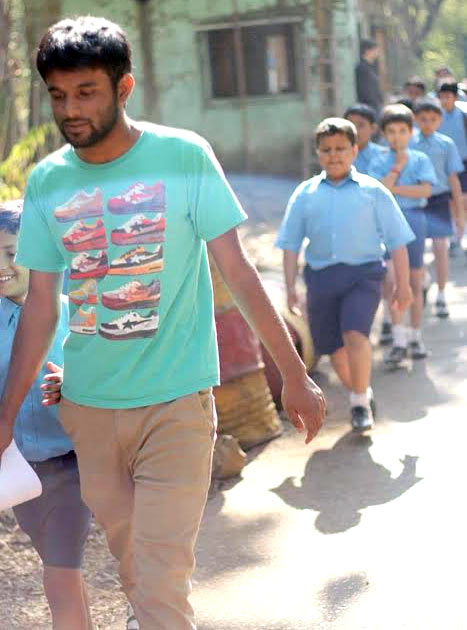
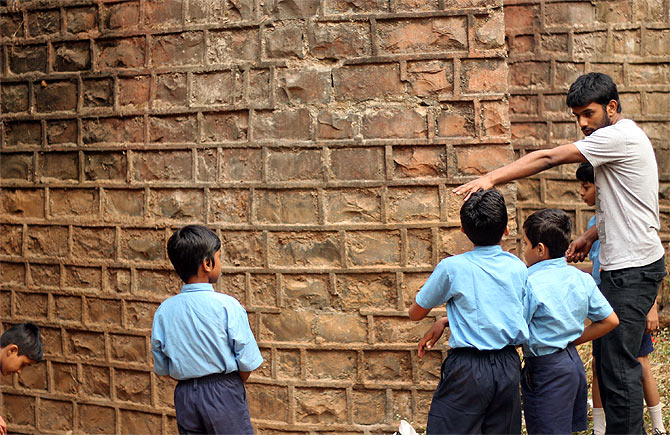
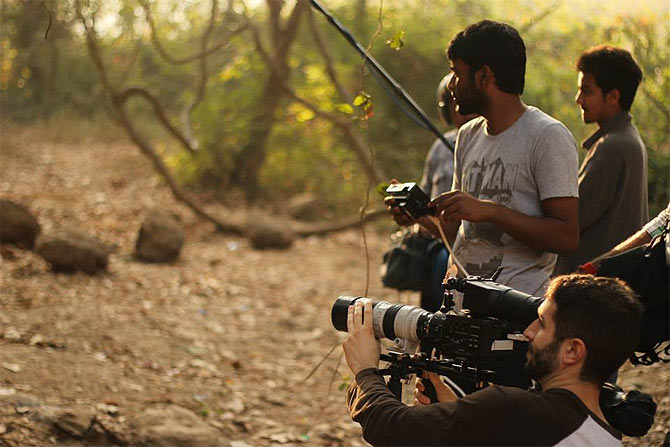
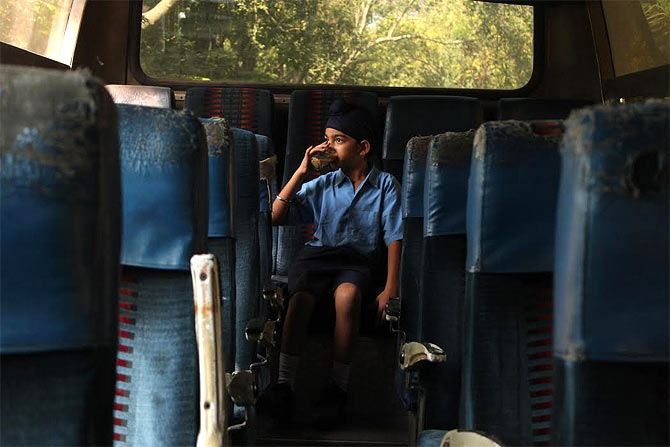
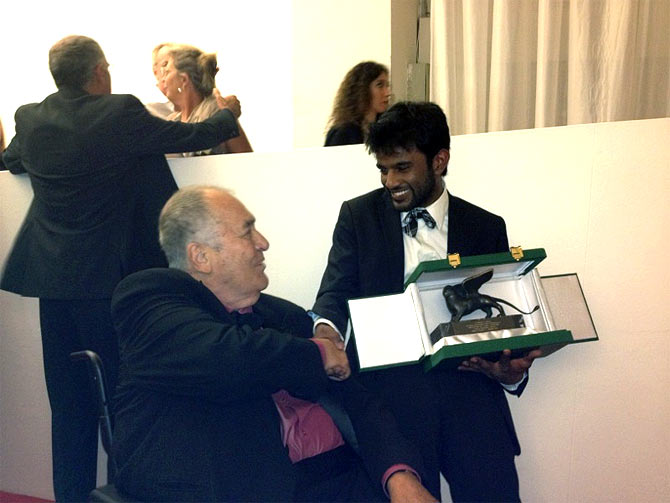
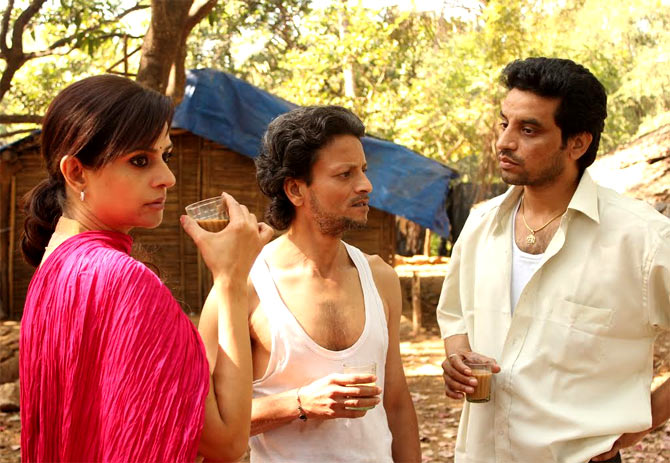
Comment
article